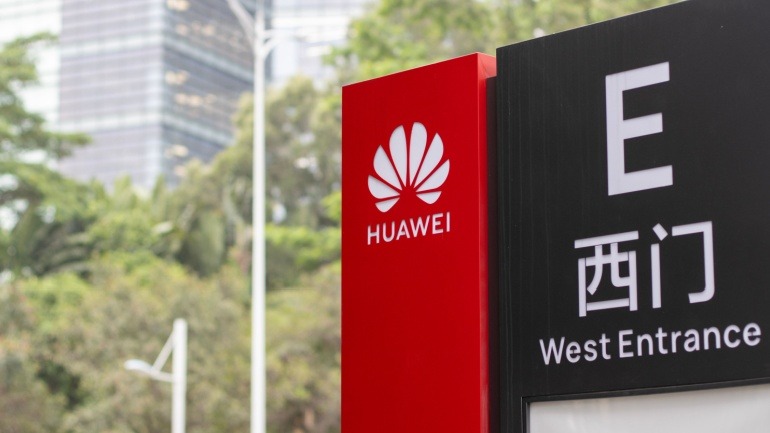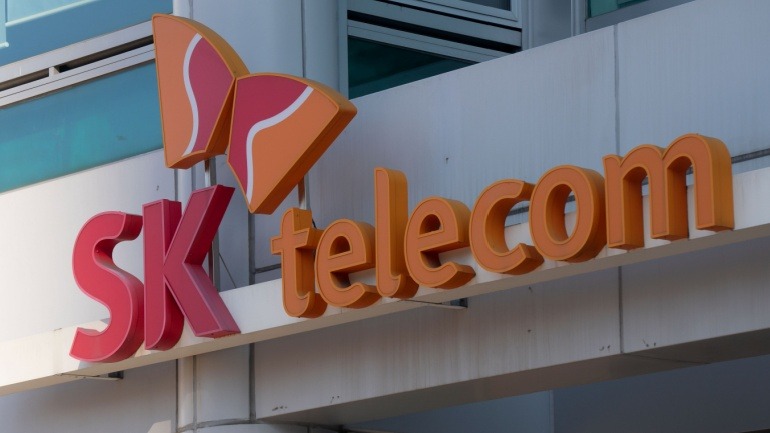Malaysia has taken a bold step into the future with the launch of YTL Communications’ 5G Advanced services. As the ninth nation to embrace this cutting-edge technology, Malaysia aims for nationwide 5G Advanced coverage by December. Leveraging Digital Nasional Berhad’s network and Ericsson’s system, YTL is revolutionizing connectivity.
Huawei Cloud is revolutionizing industries with AI-powered solutions tailored for over 30 verticals, including manufacturing, finance, and retail. At the Huawei Connect 2025 event, the company unveiled its strategic focus on computing, algorithms, and data, deploying solutions in over 500 scenarios globally. This expansion promises transformative impacts across various sectors.
Gigaclear, a leading rural fibre provider, has revolutionized the UK broadband scene with Vyntelligence’s AI-powered Vyn® platform. By streamlining broadband installations in underserved areas, Gigaclear has processed over 1,100 customer submissions and reduced unnecessary site visits, ensuring efficient VoIP-ready connections and ultimately enhancing rural connectivity.
Sinch’s 2025 research shows shoppers welcome AI for easier Black Friday and Cyber Monday deals, but trust is the deciding factor. While many value AI tools, most demand transparency, data control, and authentic communication. Brands that prove their AI works in the customer’s interest will win attention and loyalty this peak season.
Hostinger Horizons now offers built-in ecommerce, making it easier than ever to launch an online store with no coding. Entrepreneurs can manage products, payments, and shipping right from the AI-powered platform. With support for up to 600 products and no extra fees, it is the simplest way to turn ideas into fully functional shops.
SK Telecom saw 5G subscribers rise to 17 million despite a cybersecurity setback, while profits fell sharply due to higher infrastructure spending. Its AI business grew strongly, driven by data center and business solutions sales, with major AWS-backed expansion plans.
The ambitious partnership between Fermi America and Hyundai Engineering & Construction introduces a groundbreaking nuclear-based hybrid energy project in Texas. Aiming to meet the rising energy demands of AI and data centers, this innovative grid will integrate nuclear, solar, and natural gas. Such energy diversity ensures reliable power while championing environmental sustainability.
Airtel’s digital arm Xtelify has unveiled a cloud and AI platform designed for telecoms and enterprises. Hosted in India, it cuts costs and boosts performance while supporting data sovereignty.
SK Telecom’s launch of ‘Haein’, a cutting-edge GPU-as-a-Service, marks a significant leap in Korea’s AI infrastructure. With over 1,000 NVIDIA B200 GPUs, Haein supersedes previous offerings, setting a new AI standard.
Meta reported strong quarterly results with revenue rising 22% to $47.52 billion and net income up 36 percent to $18.3 billion. Growth is driven by AI initiatives, though expenses climbed due to infrastructure and talent costs.













